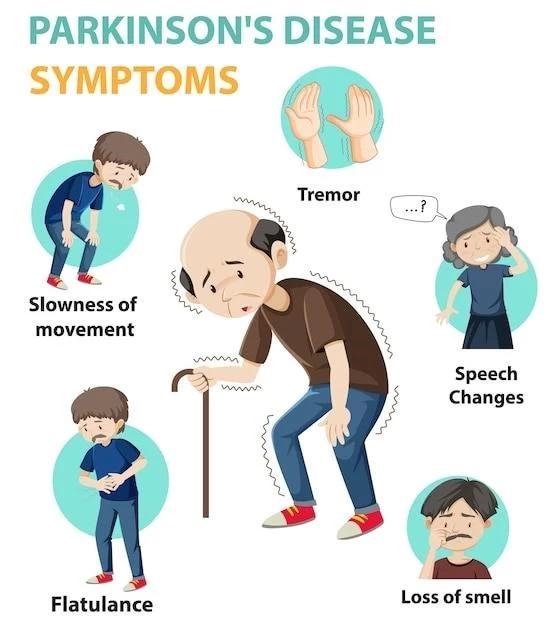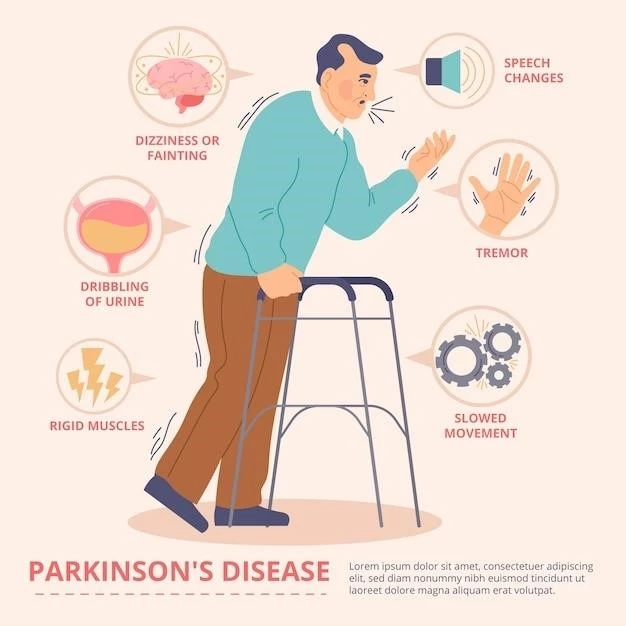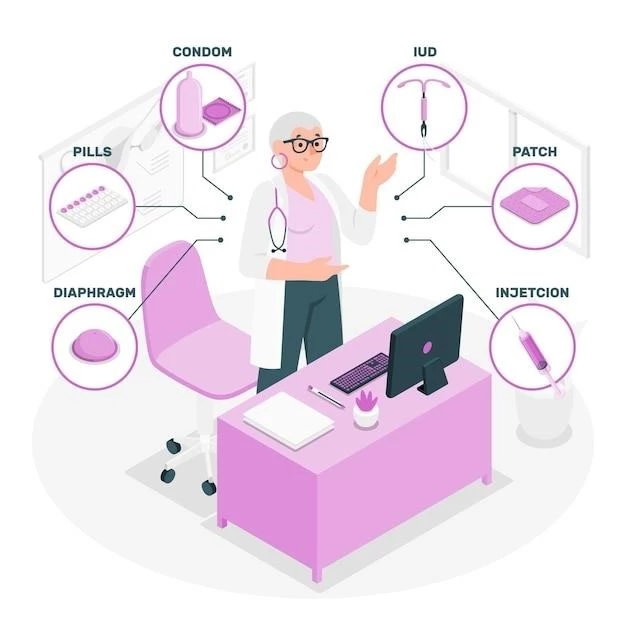Overview of Smith–Magenis Syndrome
Smith-Magenis syndrome (SMS) is a developmental disorder characterized by distinctive physical features, cognitive impairment, behavioral abnormalities, and more. It is caused by genetic deletions or mutations affecting chromosome 17.
Characteristic Features
Distinctive physical features, cognitive impairment, behavioral abnormalities, sleep disturbances, and childhood-onset abdominal obesity are common characteristics of Smith-Magenis syndrome. Facial characteristics, developmental delays, and hypotonia are also prevalent in individuals with SMS.
Genetic Basis of Smith–Magenis Syndrome
Smith-Magenis syndrome is primarily caused by interstitial deletions in the short arm of chromosome 17 (17p11.2). In some cases, it can also be associated with mutations in the RAI1 gene located in this region.
Chromosomal Deletions and RAI1 Gene Mutations
Smith-Magenis syndrome (SMS) is primarily caused by interstitial deletions in the short arm of chromosome 17 (17p11.2)٫ affecting multiple genes٫ including the RAI1 gene. Individuals with SMS may have deletions in this region or mutations in the RAI1 gene٫ both leading to the characteristic features of the syndrome.

Clinical Presentation and Diagnosis
Smith-Magenis syndrome (SMS) presents with various clinical manifestations, including distinctive physical features, developmental delays, cognitive impairments, behavioral abnormalities, and sleep disturbances. Diagnosis involves a thorough evaluation of these symptoms along with genetic testing to identify chromosomal deletions or RAI1 gene mutations.
Physical, Behavioral, and Developmental Symptoms
Smith-Magenis syndrome (SMS) presents with distinctive physical features, including coarse facial features, developmental delays, cognitive impairments, behavioral abnormalities, sleep disturbances, and childhood-onset abdominal obesity. Infants with SMS may experience feeding difficulties, failure to thrive, hypotonia, and hyporeflexia.
Management of Smith-Magenis syndrome involves a multidisciplinary approach addressing physical, cognitive, and behavioral aspects alongside early intervention, educational support, and therapeutic interventions tailored to individual needs.
Management and Treatment Approaches
Individuals with Smith-Magenis syndrome benefit from a multidisciplinary care approach involving medical professionals, therapists, educators, and caregivers to address physical, cognitive, and behavioral challenges. Support services focus on enhancing quality of life and promoting overall well-being.
Recent studies focus on understanding the behavioral heterogeneity of autism in genetic syndromes associated with intellectual disability, including Smith-Magenis syndrome. Ongoing research aims to uncover the complex manifestations and develop tailored interventions for individuals with this syndrome.

Research and Ongoing Studies
Research focuses on understanding genetic syndromes associated with intellectual disabilities like Smith-Magenis syndrome, exploring behavioral heterogeneity in conditions like Cornelia de Lange, Prader-Willi, and more. Studies aim to enhance knowledge and tailor interventions for better outcomes.
Support Resources for Individuals and Families
The Smith-Magenis Syndrome Foundation provides valuable information, support, and grants for families and individuals affected by this condition. They offer advice, events, and resources to help cope with Smith-Magenis syndrome.
Organizations Providing Information, Advice, and Grants
The Smith-Magenis Syndrome Foundation offers valuable resources, support, and grants to individuals and families affected by the syndrome, providing essential information, guidance, and financial assistance.
